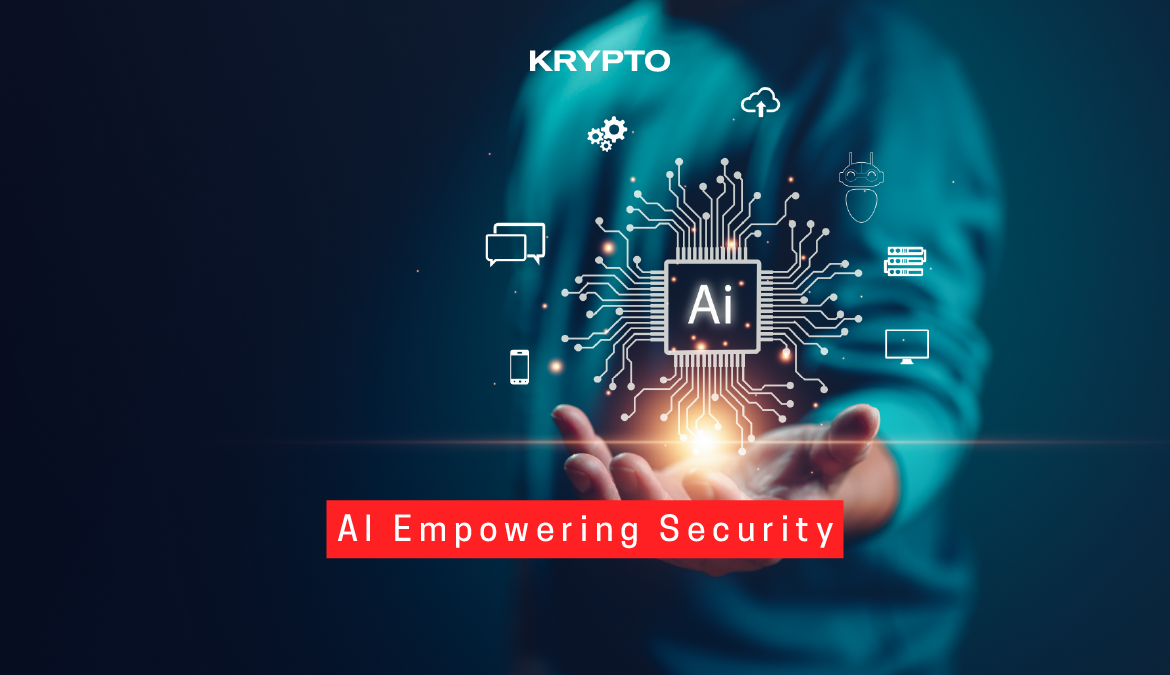The Role of Artificial Intelligence in Enhancing Security

In an era marked by technological leaps and digital advancements, the integration of Artificial Intelligence (AI) has emerged as a game-changer in bolstering security measures. Beyond the conventional realms of security, AI is revolutionizing the way we safeguard our assets, and infrastructure. In this blog post, we delve into the multifaceted role of AI in fortifying security and explore how it is reshaping the landscape of protection.
Predictive Analysis and Threat Detection:
AI’s ability to analyze vast datasets and discern patterns has revolutionized security protocols. Through predictive analysis, AI can anticipate potential threats by identifying unusual patterns or behaviors. Whether it’s in public spaces, transportation systems, or critical infrastructure, AI-powered systems can effectively detect anomalies and preemptively mitigate risks.
Intelligent Surveillance Systems:
Traditional surveillance systems often struggle with information overload. AI, however, excels at sifting through massive amounts of data, allowing for the creation of intelligent surveillance systems. These systems can automatically identify and track suspicious activities, reducing the burden on human operators and enabling faster response times in emergency situations.
Behavioral Biometrics for Access Control:
AI has given rise to sophisticated behavioral biometrics, surpassing traditional access control methods. By continuously learning and adapting to individual patterns, AI-driven systems can ensure secure access to sensitive areas based on unique behavioral traits, such as keystroke dynamics, gait recognition, or voice patterns.
Automated Threat Response:
Security incidents require swift and accurate responses. AI empowers organizations to automate threat response mechanisms, enabling real-time actions to counter potential breaches. From isolating compromised systems to deploying countermeasures, AI ensures that responses are not only rapid but also precise, minimizing the impact of security incidents.
Adaptive Authentication:
Conventional authentication methods often fall prey to sophisticated attacks. AI introduces adaptive authentication, where systems continuously evaluate user behavior and adjust authentication requirements accordingly. This dynamic approach enhances security by swiftly identifying and responding to suspicious activities, reducing the likelihood of unauthorized access.
Insider Threat Detection:
Protecting sensitive information from insider threats is a challenging task. AI excels in monitoring user behavior, identifying anomalies, and flagging potential insider threats. By analyzing patterns in employee activities, AI-driven systems contribute significantly to securing organizations against both external and internal risks.
The role of Artificial Intelligence in enhancing security extends far beyond conventional measures. As we continue to embrace technological advancements, it is evident that AI stands as the sentinel, safeguarding our systems, infrastructure, and information from potential threats and vulnerabilities. The fusion of human expertise with AI capabilities promises a future where security is not just a concept but an ever-evolving reality.





















